Operations research in global health: a scoping review with a focus on the themes of health equity and impact
- PMID: 28420381
- PMCID: PMC5395767
- DOI: 10.1186/s12961-017-0187-7
Operations research in global health: a scoping review with a focus on the themes of health equity and impact
Abstract
Background: Operations research (OR) is a discipline that uses advanced analytical methods (e.g. simulation, optimisation, decision analysis) to better understand complex systems and aid in decision-making. Herein, we present a scoping review of the use of OR to analyse issues in global health, with an emphasis on health equity and research impact. A systematic search of five databases was designed to identify relevant published literature. A global overview of 1099 studies highlights the geographic distribution of OR and common OR methods used. From this collection of literature, a narrative description of the use of OR across four main application areas of global health - health systems and operations, clinical medicine, public health and health innovation - is also presented. The theme of health equity is then explored in detail through a subset of 44 studies. Health equity is a critical element of global health that cuts across all four application areas, and is an issue particularly amenable to analysis through OR. Finally, we present seven select cases of OR analyses that have been implemented or have influenced decision-making in global health policy or practice. Based on these cases, we identify three key drivers for success in bridging the gap between OR and global health policy, namely international collaboration with stakeholders, use of contextually appropriate data, and varied communication outlets for research findings. Such cases, however, represent a very small proportion of the literature found.
Conclusion: Poor availability of representative and quality data, and a lack of collaboration between those who develop OR models and stakeholders in the contexts where OR analyses are intended to serve, were found to be common challenges for effective OR modelling in global health.
Keywords: Decision-making; Developing countries; Global health; Health equity; Health systems; Low-resource settings; Modelling; Operations research; Policy.
Figures
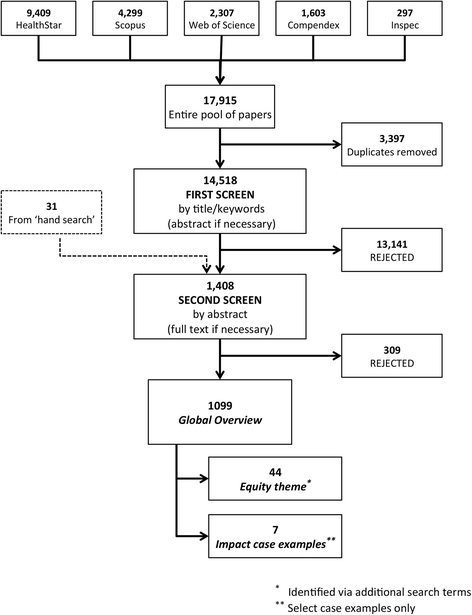
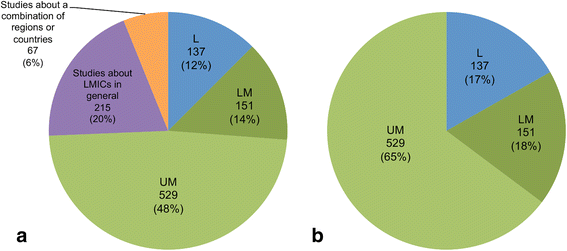
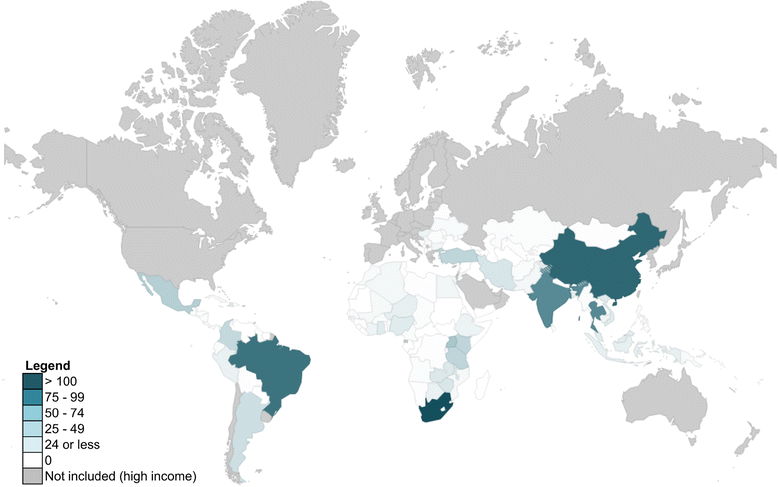
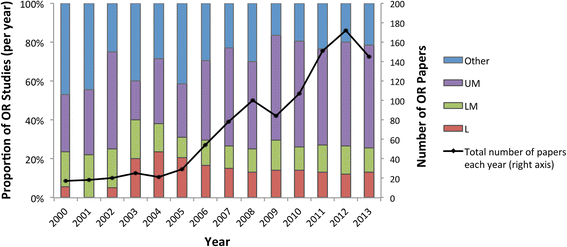
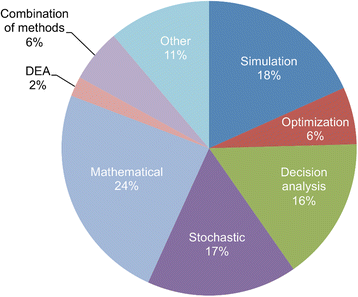
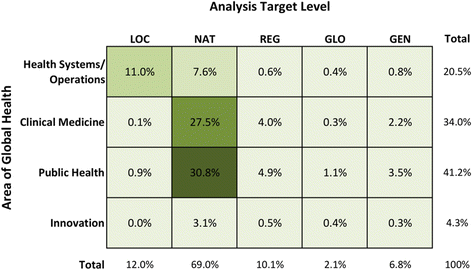
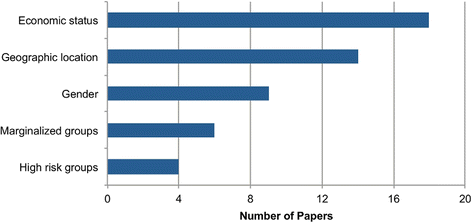
References
-
- UNAIDS, UNICEF, UNFPA, WHO. Health in the Post-2015 UN Development Agenda. UN: Thematic Think Piece; 2012. http://www.un.org/millenniumgoals/pdf/Think%20Pieces/8_health.pdf.
-
- World Health Organization . Positioning Health in the Post-2015 Development Agenda: WHO Discussion Paper. Geneva: WHO; 2012.
Publication types
MeSH terms
LinkOut - more resources
Full Text Sources
Other Literature Sources
Medical
Miscellaneous

